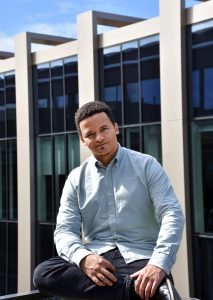Automation was revolutionary in increasing the efficiency, heightening the sophistication and lowering the cost of manufacturing cars, planes, buses et cetera, but recently the technology has bled into the vehicles themselves. But away from the much-discussed topic of self-driving cars for motorists, automated vehicles could potentially be a boon for another area of public transportation – air travel.
Famously, passenger jets have featured autopilot technology for decades as the demands and dangers of maintaining bearings, speed and altitudes for a 737 as it powers over a continent are much simpler compared to the more frenetic and unpredictable nature of a self-driving taxi navigating through central London. But a recent report into the topic by the Airport Industrial and Property Unit Trust has put forward that in fact, it is not just in the planes themselves where the new tech could be hugely advantageous, but also in the hordes of support vehicles on the ground.
Efficiency is key in air travel, and flight delays are a commonplace nuisance for passengers and airlines alike. Having automated support vehicles – such as the tugs, baggage carriers, fuel trucks – could greatly reduce this problem. According to the contents of the report, the vast majority of support vehicles are either static or not in use at any given moment (for example, the figure for Gatwick Airport is approximately 90%), a considerable amount of valuable resources that are not being utilised. The report suggests that introducing self-driving vehicles into airport infrastructure as well as newer, sophisticated logistics technology that is similarly automated would dramatically increase efficiency. This means that human support personnel can focus their attention on other matters, knowing that AI is taking care of the time-consuming menial organisation.
Whilst there are in fact ongoing trials happening at selected airports across the country, it will be costly to overhaul old vehicles and implement the new technology. But the rewards for everyone – airports, airlines and most importantly passengers – could be great. Electric passenger jets are also being tested and developed at airfields dotted around the British Isles, so it may be the case that in a couple of decades our major airports may be near-silent and completely robotic.







